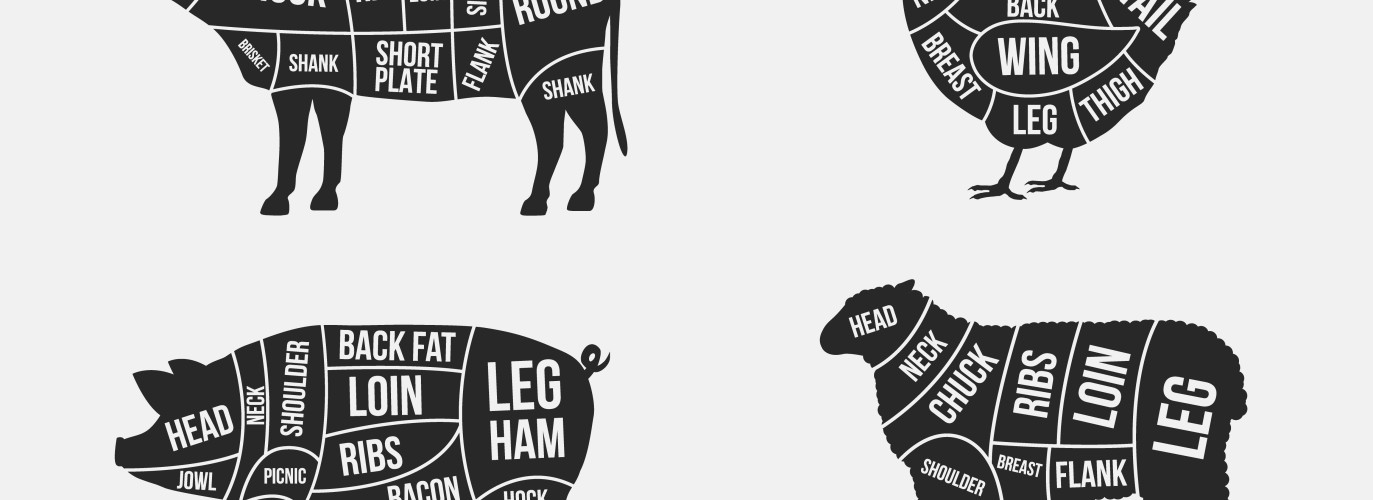Oct 05, 2023

By Rick McNary
This post was submitted to Kansas newspapers Oct. 5, 2023.
Empty meat counters at the start of the pandemic caused panic to set in for many consumers. However, in the weeks following the start of Shop Kansas Farms (SKF), you could almost hear the collective sigh of tens of thousands of consumers who discovered farms near them that sold beef, poultry, eggs, dairy, pork, vegetables, fruit and other food products directly to consumers.
As LeAnn Miller of Wichita wrote, “Some of us went to the store, and saw empty shelves. We don't live off the land, we live off those shelves. That was the most terrifying feeling some of us have ever felt in our lives. But along came SKF with farmers who were like, ‘Shelves at the store are empty, but we've got you!’ You all gave many people a fresh hope.”
I’ve worked for 20 years in international hunger relief and development and understood immediately why SKF was having such explosive growth – people were afraid. In the 1950s, Dr. Abraham Maslow created a hierarchy of needs list with food as a top priority. When food disappears, fear sets in. I also learned a phrase in a refugee camp near the Somalia border in Africa, “When food comes, hope comes.”
Food security is a concept that means people have both access to and the ability to purchase food. The flip side is food insecurity, which means people might have neither access nor ability to purchase food. In my experience, food insecurity is predominantly associated with poverty: there is food to buy, but poor people can afford it.
However, during the pandemic and for the first time in America for decades, food insecurity took on a new dimension: people could afford food but there was no food to buy.
Miller expressed not only her fear, but the fear of thousands of others who rushed to join SKF. However, they found Kansas farmers had food for them. When food came, hope came and Kansas farmers calmed public fears. Buying local took on a whole new meaning.
While there is growing interest in buying locally, there has never been an urgent need like the pandemic exposed. Suddenly, buying local wasn’t a fad, a trend or the latest social media craze; it was a necessity.
I’ve watched the local food movement for decades and one observation is that no one knows exactly how to define “local.” I am confused when I see Colorado peaches advertised in a Kansas store as local.
As people joined the group and scrolled through the postings of local food for sale by farms and ranches, both groups went through a learning curve. Meagan Cramer, director of marketing and communications for Kansas Farm Bureau and the first volunteer administrator of the group, was fascinated by the real-time exchange between consumers and farmers.
We currently have more than 163,000 members in SKF who want to buy local. Compare that number with filling the seats at Bill Snyder Family Stadium at Kansas State University three times at maximum capacity, then add 10,000 more on the field.
But there is a learning curve. For example, some meat lockers cannot sell individual cuts like roasts, chops or steaks. You must buy beef in bulk from a farmer in a quarter, half or whole, then work with the locker to customize your cuts.
Since most consumers look for individual cuts in a store, the idea of buying a quarter, half or whole beef is unfamiliar. While the upfront cost for bulk seems to be more, the price distributed over all the cuts often lowers the price. Farmers and lockers are helpful when buyers are learning the process.
In addition, there are some farms and ranches that use a USDA-certified locker and can sell individual cuts of meat. Many ship them directly to customers anywhere in the United States.
Another unique option is the various ways your food can be delivered directly to you. One farmer begins her route in Madison, goes through El Dorado to Wichita, up to Topeka, Lawrence, Kansas City and Ottawa with a refrigerated trailer.
Or you can go to a farm or a locker and pick up your food there. The added benefit is that you can know the farmer raising your food and the meat locker who customizes your cuts, technically this is called identity preservation.
SKF has provided consumers with a new way to purchase food and you can find a farm or ranch by visiting our website www.shopkansasfarms.com.
